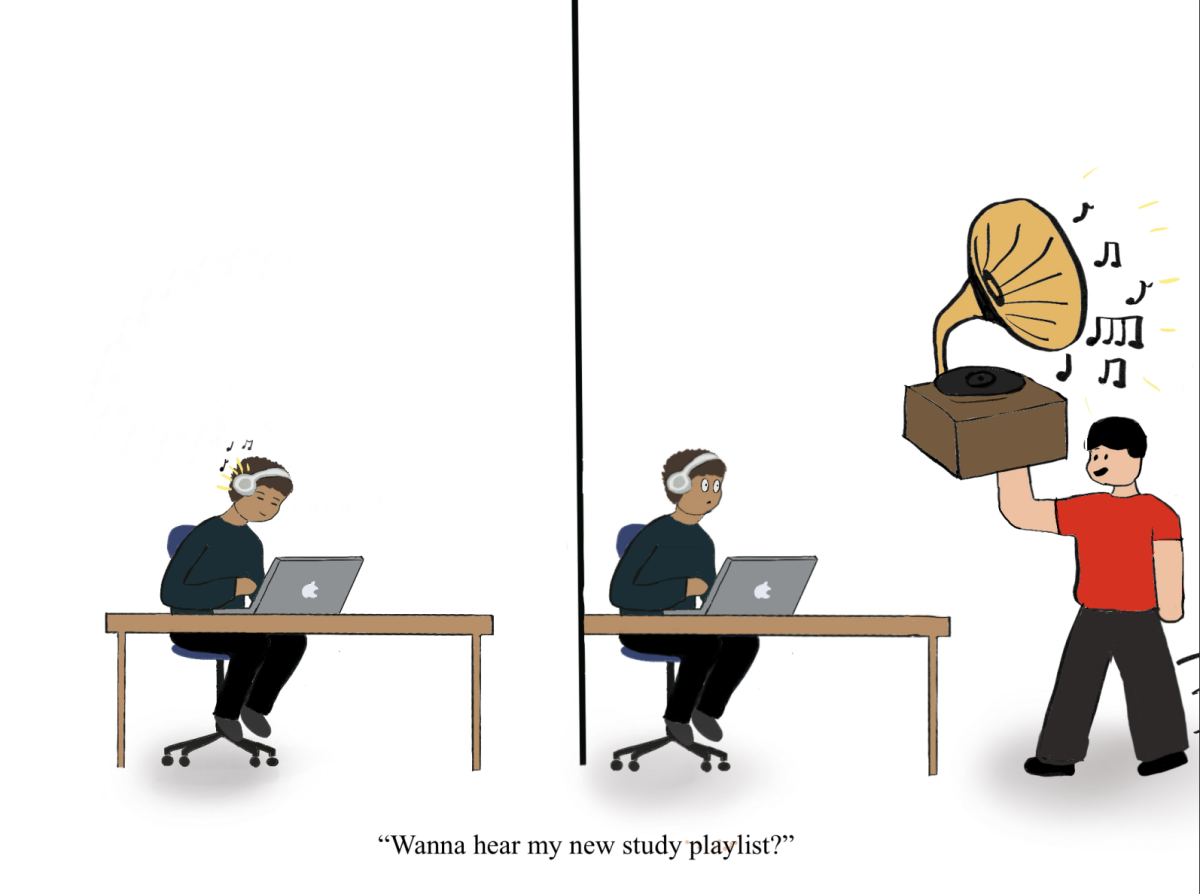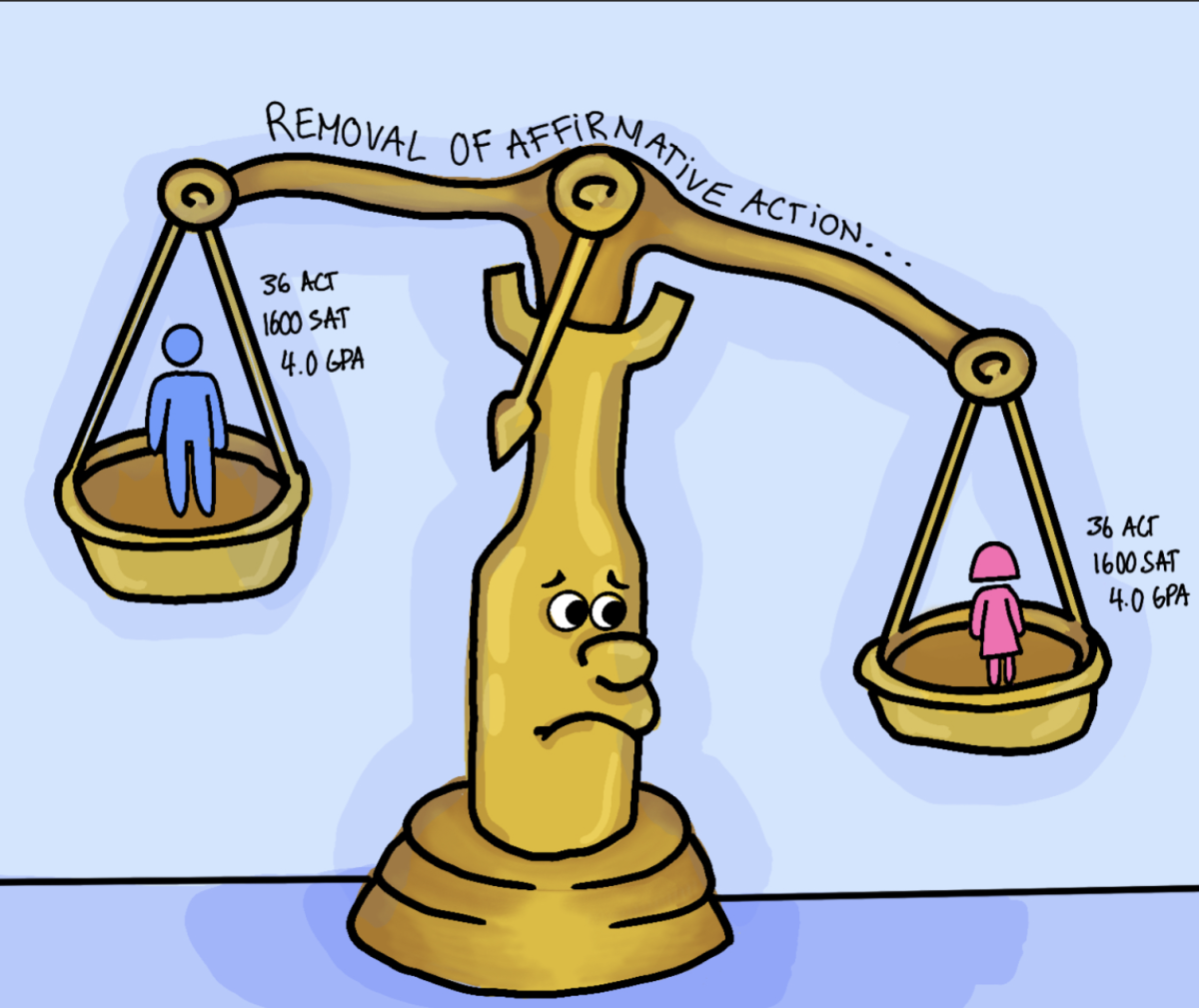On the night of January 18th, U.S. TikTok users experienced an unexpected 24-hour ban. The sudden restriction on the popular social media app—known for its viral videos, short-form content, and highly personalized algorithm—disrupted the daily routines of students nationwide. But what did this temporary ban mean for MHS students, and how has it shaped their views on TikTok and social media as a whole?
For many, TikTok is more than just an entertainment platform; it serves as a digital space for connection, creativity, and inspiration. Some students reported spending hours daily scrolling through their For You Page, keeping up with trends and engaging with content creators. While the ban was brief, it still left an impression, prompting students to reflect on their social media habits.
Reactions to the ban varied. Some students used the unexpected break to focus on tasks they had been putting off, such as homework or projects. Others simply migrated to different apps, like Instagram, Snapchat or YouTube. However, most agreed that no platform could fully replicate TikTok’s unique appeal. Instagram Reels, for example, fell short for many students, lacking TikTok’s dynamic algorithm that tailors content to individual preferences and allows anyone to go viral, regardless of social status or fame.
Beyond disrupting daily routines, the ban also sparked discussion about TikTok’s security risks and political implications. Some students believed the government’s concerns about data privacy– particularly the potential for foreign governments, like China’s, to access user information– were valid. Others viewed the ban as politically motivated, suggesting that former President Trump sought to gain attention or support among young voters.
Emily Scobie (’25) notes that, upon the app’s return, “a message appeared thanking President Trump for his actions,” an event she credits to the ban’s potential political involvement.
Additionally, Nate Kulish (’26) corroborated Scobie’s statement, suggesting Trump “knew what he was doing. He wanted to get his name on” the ban.
While the debate over security concerns continues, there was also a noticeable shift in how students thought about social media and its impact on their lives. The brief TikTok ban brought some important issues into focus, including censorship, mental health and the nature of online influence. Tik Tok’s addictive nature can have significant mental health impacts that breed insecurities, jealousy, and body image issues, leading to unhealthy comparisons.
At the same time, the ban sparked discussions about censorship and information control, particularly in light of how the U.S. government handled the situation. Many students voiced concerns that the ban might be part of a larger trend of controlling the flow of information.
In the aftermath of the TikTok ban, MHS students found themselves reflecting not only on the app’s influence but also on the role of social media in their lives. Some students found the short hiatus to be refreshing, while others worried about the addiction to digital platforms as a whole. While the ban was brief, it raised important questions about the future of social media, particularly in terms of data privacy, mental health, and political influence.
While TikTok’s return was quick, the larger conversation around social media, censorship, and security is likely to continue. If anything, the ban served as a wake-up call, reminding everyone of the power of social media in shaping opinions, careers, and even politics. Whether it’s TikTok, Instagram, or any other platform, the digital age is here to stay–and it’s up to each of us to navigate it wisely.








